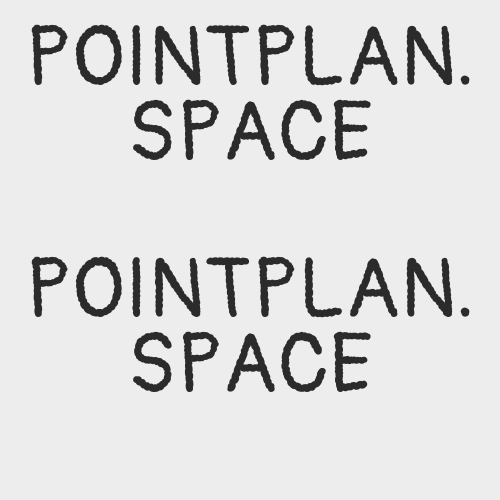Setting goals is essential for achieving success in any area of life, whether it’s personal development, career growth, or maintaining healthy habits. Clear and actionable goals act as a roadmap, providing direction and helping you stay focused on what really matters. In this article, we’ll explore why goal setting is so important and how you can create effective goals that will lead you to success.
Why Clear Goals Matter
Without clear goals, it’s easy to feel lost or aimless. Goals give you a sense of purpose and provide a framework for your decisions. When you know what you want to achieve, it’s easier to focus your time, energy, and resources toward making it happen. Goals not only guide your actions but also give you motivation and momentum.
Research shows that individuals who set specific, measurable goals are far more likely to achieve them compared to those who have vague ambitions. For example, saying “I want to be healthier” is a good starting point, but it’s not a clear goal. However, stating “I will exercise for 30 minutes every day for the next month” is a specific and measurable goal, making it more achievable.
SMART Goals: A Powerful Framework
To ensure your goals are effective, use the SMART framework. SMART stands for Specific, Measurable, Achievable, Relevant, and Time-bound. Each component is designed to ensure that your goals are clear and feasible.
Specific
A goal should be clear and unambiguous. For example, “I want to improve my fitness” is too vague. Instead, make it more specific: “I will run 3 times a week for 30 minutes.”
Measurable
You should be able to track your progress. This allows you to see how far you’ve come and how much more you need to do. For example, instead of saying “I want to lose weight,” say, “I will lose 5 pounds in 3 months.”
Achievable
Set goals that are realistic and attainable. They should stretch you, but not be so difficult that they feel impossible. If your goal is to run a marathon, but you’ve never run before, start with a 5K goal and build up to longer distances.
Relevant
Your goal should align with your broader objectives and aspirations. It should be meaningful to you and contribute to your long-term vision.
Time-bound
Set a deadline for your goal. A time frame helps create urgency and prevents procrastination. Instead of “I want to write a book,” aim for “I will write my first draft by December 31st.”
Tracking and Adjusting Your Goals
Once you’ve set your goals, it’s important to regularly track your progress. This allows you to evaluate how well you’re doing and make adjustments if needed. For example, if you’re not hitting your exercise goals, assess what might be causing the delay. Is it a lack of time, motivation, or is the goal too ambitious? Adjusting your approach ensures that you stay on track and continue making progress.
Use tools like calendars, spreadsheets, or apps to track your goals. There are plenty of productivity apps, such as Trello, Asana, and Todoist, that can help you break down your goals into smaller tasks, making them more manageable.
Overcoming Obstacles in Goal Achievement
Even with clear goals, obstacles are bound to arise. Whether it’s a lack of time, self-doubt, or external distractions, it’s important to stay resilient. Acknowledge the challenges, but don’t let them stop you from moving forward. When you hit a roadblock, take a step back, reassess, and adjust your strategy.
One effective strategy for overcoming obstacles is to break your goals into smaller, more manageable steps. For example, if your goal is to write a book, break it down into daily writing tasks, such as writing 500 words a day. This reduces the overwhelming feeling and makes it easier to stay consistent.
Staying Motivated
Staying motivated can be difficult, especially when progress seems slow. To maintain motivation, remind yourself why you set the goal in the first place. Visualize the benefits of achieving the goal, whether it’s improved health, career advancement, or personal satisfaction.
Another way to stay motivated is by celebrating small victories along the way. When you accomplish a milestone, reward yourself. It could be as simple as taking a break or treating yourself to something you enjoy. These rewards reinforce your positive behavior and encourage you to keep going.
Conclusion
Goal setting is a powerful tool for success. By using the SMART framework, tracking your progress, and staying resilient in the face of challenges, you can achieve your goals and make significant strides toward your long-term aspirations. Remember, success doesn’t happen overnight — it’s the result of consistent effort, focus, and the determination to push through obstacles.
Take the first step today by setting a clear goal, breaking it down into actionable steps, and tracking your progress. With a clear vision and commitment, you’re already on the path to success.

